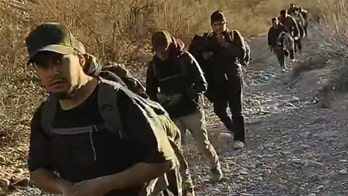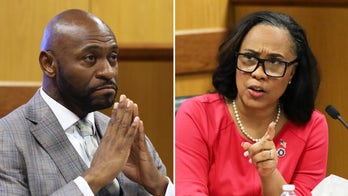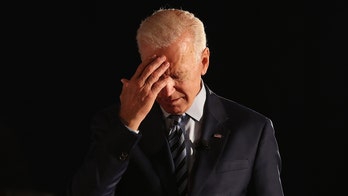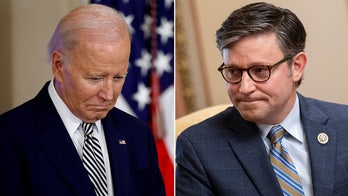Fox News Flash top headlines for April 12
Fox News Flash top headlines are here. Check out what's clicking on Foxnews.com.
A federal judge granted Stephen Bannon's motion to dismiss the case against him on Tuesday following then-President Donald Trump's pardon.
"For the reasons stated above, Bannon’s motion is GRANTED and the Indictment is DISMISSED as to him, pursuant to paragraph one of the Pardon," Judge Analisa Torres declared in a filing.
But Torres also pointed out that a pardon implies guilt.
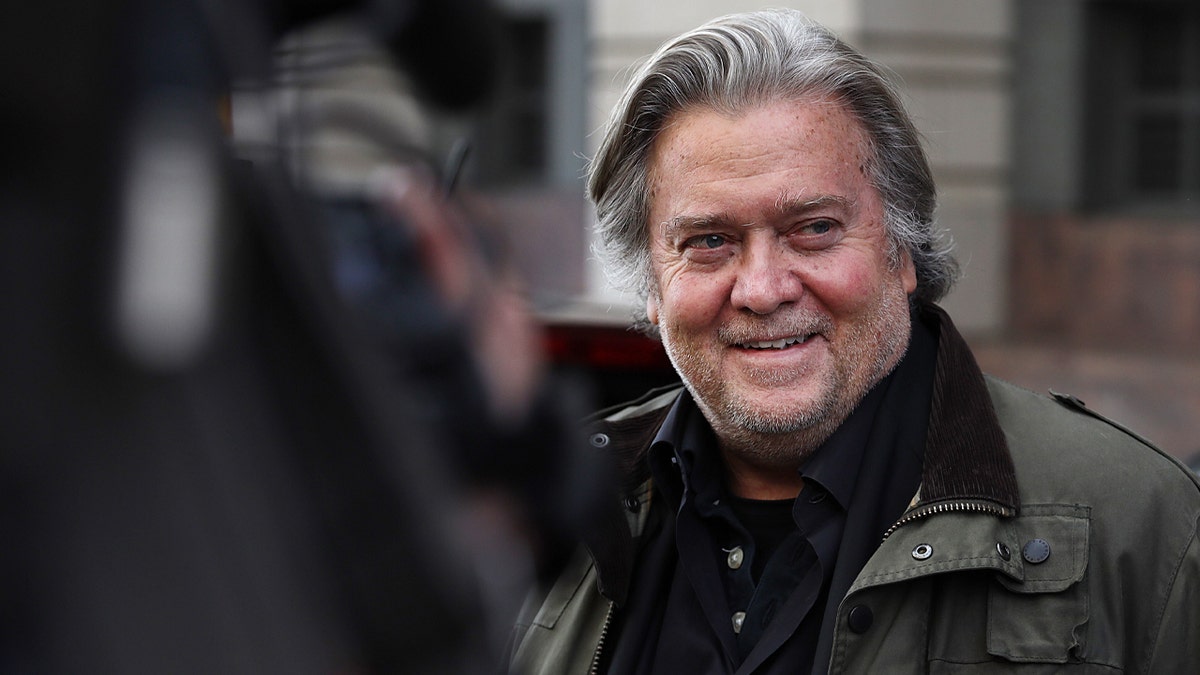
A federal judge granted Stephen Bannon's motion to dismiss the case against him on Tuesday following then-President Donald Trump's pardon. (Photo by Alex Wong/Getty Images)
TRUMP PARDONS STEVE BANNON, LIL WAYNE, DOZENS OF OTHERS; ALSO COMMUTES SENTENCES
"If there be no guilt, there is no ground for forgiveness," she wrote. "It is an appeal to executive clemency. It is asked as a matter of favor to the guilty. It is granted not of right but of grace. A party is acquitted on the ground of innocence; he is pardoned through favor."
Bannon and three other defendants were indicted about a year ago as federal prosecutors accused them of defrauding hundreds of thousands of donors in a $25 million "We Build the Wall" crowdfunding campaign. The Department of Justice said they were using the false pretense that all the money would be spent on the construction of the border wall between Mexico and the U.S.
The four defendants were charged with conspiracy to commit wire fraud and conspiracy to engage in money laundering. They all pleaded "not guilty" to the charges.
But on Jan. 19, just before leaving office, President Trump granted Bannon a "full and unconditional pardon."
The indictment had not been formally dismissed until now and, while Bannon had asked the court to dismiss it, prosecutors had wanted it to be administratively closed. Some legal experts have said that there is a loophole because the pardon only concerns the current indictment, meaning that he could still be prosecuted on other charges.
CLICK HERE TO GET THE FOX NEWS APP
"The drafters of the U.S. Constitution specifically limited the pardon powers of the president," explained David Weinstein, a former federal prosecutor. "They wanted to be able to limit the new form of government from repeating the unchecked abuses of power committed by the king of England. By forcing the president to specify what acts were being pardoned, they created this loophole."
Furthermore, while a president can grant a pardon on federal charges, state charges are safeguarded from federal powers and, last February, it became public that Bannon was being investigated by Manhattan District Attorney's Office, so charges could still be coming.
The government’s case will continue for the other three defendants: Brian Kolfage, Andrew Badolato and Timothy Shea. The trial is tentatively scheduled for mid-November.


